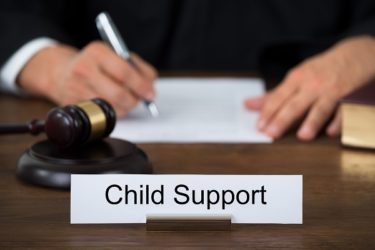An important tool to help a victim of threatened or actual domestic violence is an order of protection from the court. This civil court order, called a restraining or protective order, commands the abuser to stop the abuse or suffer punishment by the court. The type of restraining order entered depends on the process used to get the restraining order.
The restraining order entered in emergency situations is called an emergency protective order. A situation is considered to be an emergency when a police officer responds to a domestic violence call or when someone has made a report of abuse to the police. In such cases, the police can request an emergency protective order under California Family Code § 6250. The court can enter an emergency protective order without first holding a hearing, but this type of protective order is only good for seven days.
If a victim needs a protective order for a longer period of time, or if the victim wants to apply for the restraining order without police involvement, he or she may apply to the court for a domestic violence restraining order. Abuse is considered to be domestic violence if the abuser is related to the victim as a spouse or former spouse; a person the victim is dating or has dated; a lover; the other parent of the victim’s child; anyone related to the victim by blood, marriage, or adoption; or a person who regularly lives in the victim’s home.
However, before entering a permanent domestic violence restraining order, the court must hold a hearing, and the abuser must have notice of the hearing. If, after a hearing, the court enters a domestic violence restraining order, that order may specify what the abuser can and cannot do to the victim or how near to the victim the abuser can be. Such an order may also include orders regarding child support, visitation, and custody orders if the victim and the abuser have children together; orders regarding possession of a shared residence or pet; orders for spousal support; or an order prohibiting the abuser from possessing a firearm. A domestic restraining order may be entered regardless of whether the court has previously issued an emergency protective order regarding the parties. A domestic violence restraining order can last up to five years.
If you are in immediate danger, the court may issue a temporary restraining order after processing the application but before a hearing.
If you or a family member has been a victim of domestic violence, seek help from a qualified family law attorney. The Law Offices of Judy L. Burger are experienced in helping victims of domestic violence get the protection they need. Call today to see how we can help you: (415) 293-8314.











